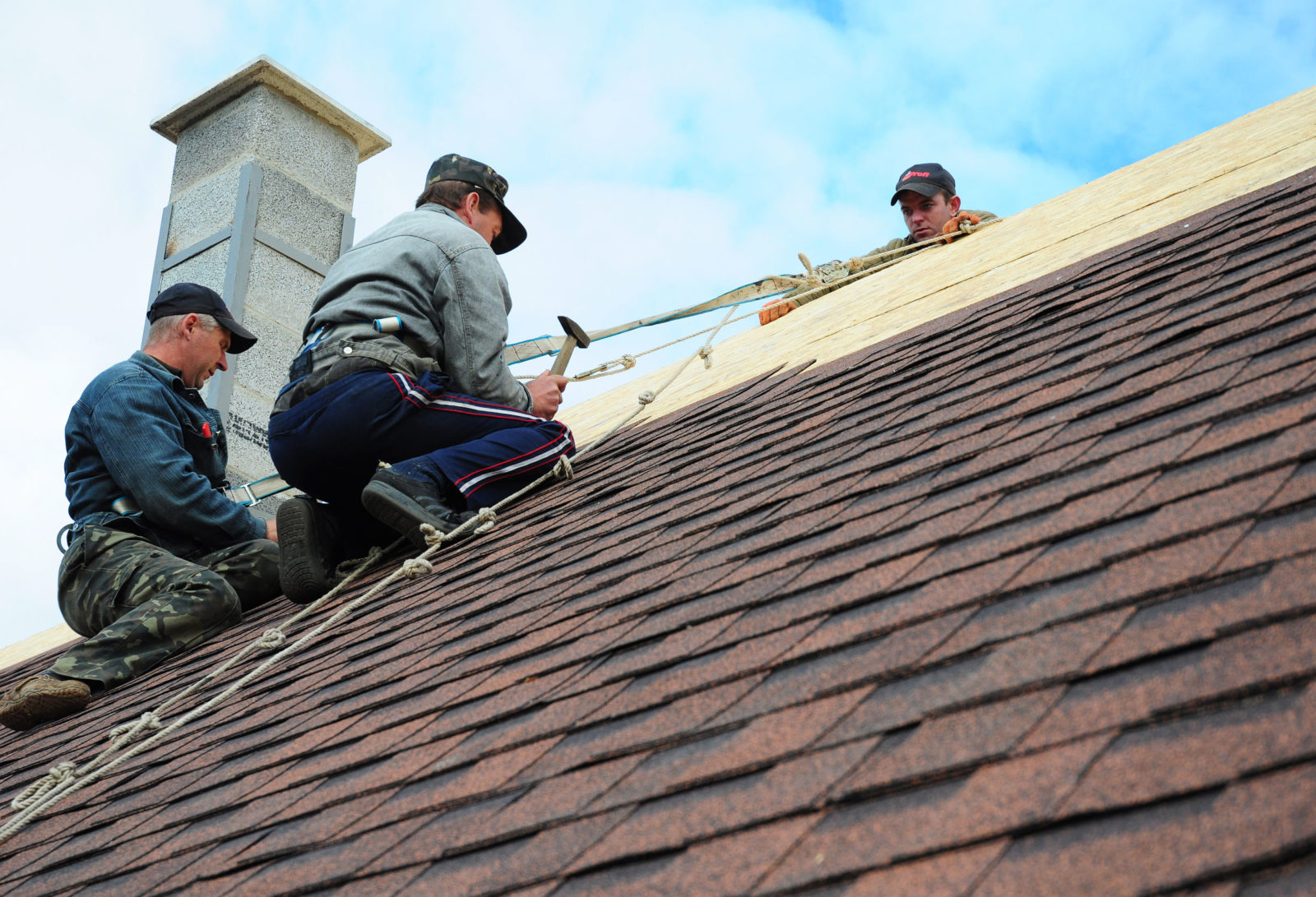Choosing the right roofing contractor is crucial for protecting your family and investment. Avoid dishonest operators like storm chasers, unlicensed workers, or those using substandard materials, as they can lead to costly repairs and legal problems. Always ask key questions upfront; reliable contractors will provide clear answers, while evasiveness or pressure tactics are red flags.
Essential Questions Every Homeowner Should Ask
“Are You Licensed and Insured?”
This question should be your starting point with every roofing contractor. Licensing requirements vary by state, but legitimate contractors will have the proper credentials for your area. Ask to see their license number and verify it with your state’s licensing board.
Insurance is equally critical. Your contractor needs both general liability insurance and workers’ compensation coverage. General liability protects you if the work damages your property or if someone gets injured. Workers’ compensation ensures you’re not liable if a worker gets hurt on your property.
Don’t just take their word for it—ask for certificates of insurance and contact the insurance company directly to verify coverage is current. A contractor who can’t provide proof of insurance is a lawsuit waiting to happen.
“Do You Have Local References and a Portfolio of Past Work?”
A contractor’s track record speaks volumes about their quality and reliability. Ask for references from jobs completed within the last two years, preferably in your area. Local references are particularly valuable because you can often drive by and see the work firsthand.
When contacting references, ask specific questions: Was the job completed on time and on budget? How was the cleanup? Would they hire this contractor again? Did any issues arise after completion, and if so, how were they handled?
A reputable contractor should also have a portfolio of recent projects, either in photos or addresses you can view. Be wary of contractors who can’t provide local references or whose portfolio consists only of stock photos from manufacturer websites.
“What Is Your Estimated Timeline for the Project?”
Weather, material availability, and crew schedules all affect roofing timelines. A professional contractor will provide a realistic timeline and explain factors that might cause delays. They should also communicate proactively about any schedule changes.
Be suspicious of contractors who promise to start immediately or guarantee completion in unrealistic timeframes. Quality work takes time, and reputable contractors typically have jobs scheduled weeks or months in advance.
Ask about their policy for weather delays and how they protect your home if work gets interrupted. A good contractor will have tarps and other materials ready to secure your roof if rain threatens an incomplete job.
“How Do You Handle Unexpected Issues or Change Orders?”
Roofing projects often reveal hidden problems—rotted decking, structural issues, or code violations that need addressing. Ask potential contractors how they handle these discoveries.
A professional will stop work, document the issue with photos, and provide you with options and pricing before proceeding. They should never make significant changes without your written approval.
Discuss their change order process upfront. How quickly can they provide pricing for additional work? Do they charge fair rates for unforeseen repairs, or do they inflate prices once they have your roof torn off? Clear communication about change orders prevents disputes later.
“What Type of Warranty Do You Offer on Your Workmanship and Materials?”
Material warranties come from manufacturers, but workmanship warranties come from your contractor. A quality contractor will stand behind their work with a comprehensive warranty, typically ranging from one to ten years.
Make sure you understand what’s covered and what isn’t. Does the warranty cover labor costs for repairs, or just materials? What happens if the contractor goes out of business? Some contractors partner with warranty companies that honor commitments even if the original company closes.
Get warranty details in writing and keep all documentation. A warranty is only as good as the company backing it, which is another reason to choose established, reputable contractors.
Additional Considerations for Smart Homeowners
Compare Multiple Bids Carefully
Getting three to five bids helps you understand fair pricing for your project. But don’t just compare bottom-line numbers—compare materials, labor, cleanup, and warranty terms. The lowest bid often comes with compromises you’ll regret later.
Watch for red flags in bidding: significantly high or low estimates compared to others, vague descriptions of work to be performed, or pressure to sign immediately. Take time to review each proposal carefully.
Insist on a Written Contract
Never proceed with roofing work based on a handshake or verbal agreement. Your contract should detail materials (including specific brands and grades), labor, timeline, cleanup responsibilities, and payment schedule.
A legitimate contract will also include change order procedures, warranty terms, and what happens if weather delays the project. Both parties should sign the contract before any work begins.
Be particularly careful about payment terms. Never pay large amounts upfront, and never pay the final installment until you’re completely satisfied with the work and cleanup.
Consider Special Regional Requirements
Different regions present unique challenges that experienced local contractors understand well. For example, areas prone to severe weather may require special fastening techniques or impact-resistant materials. Similarly, rain gutter repairs like those in Salt Lake City require knowledge of local climate patterns and building codes.
Contractors familiar with your area will know local building codes, permit requirements, and weather patterns that affect installation techniques. They’ll also have established relationships with local suppliers and inspectors.
Conclusion
Now that you have a better understanding of the importance of hiring local contractors for your home improvement projects, be sure to do thorough research before making your decision.

